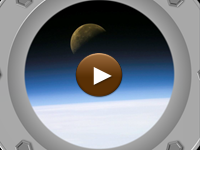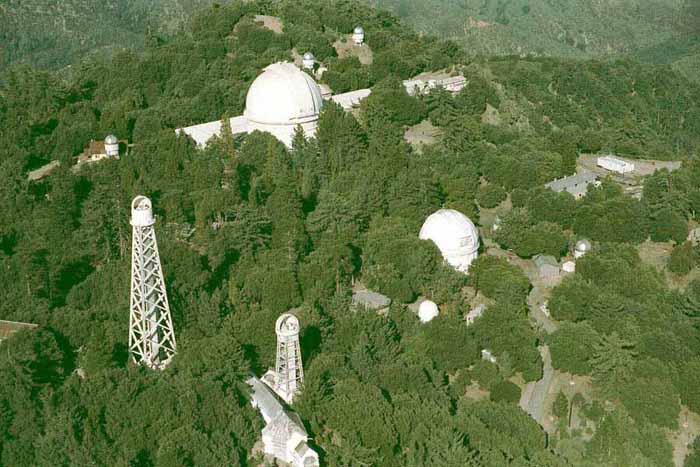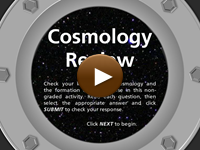
Cosmology
 Many scientists believe that before the universe began 14.7 billion years ago, nothing existed. Mathematical calculations suggest that space and time began with a cosmic event called the Big Bang. Cosmology is the study of how the universe began, and how it will continue to evolve over the years. A widely accepted theory for how the universe began is the Big Bang Theory. Prior to the Big Bang Theory, astronomers believed our universe was in a steady state. Have you ever wondered how our universe formed, or about the fate of the universe? View this presentation to learn more about cosmology.
Many scientists believe that before the universe began 14.7 billion years ago, nothing existed. Mathematical calculations suggest that space and time began with a cosmic event called the Big Bang. Cosmology is the study of how the universe began, and how it will continue to evolve over the years. A widely accepted theory for how the universe began is the Big Bang Theory. Prior to the Big Bang Theory, astronomers believed our universe was in a steady state. Have you ever wondered how our universe formed, or about the fate of the universe? View this presentation to learn more about cosmology.
Download a printable version of the interactivity.
Evidence that Supports the Big Bang Theory

The Mount Wilson Observatory in California, where Edwin Hubble
conducted some of his most exciting work in cosmology
When you look out into space from a telescope, the Universe appears to be unchanging. In 1929, astronomer Edwin Hubble changed the course of cosmology with his discovery that the universe is expanding with incredible speed. His discovery that everything in the universe is moving away at a speed proportional to its distance from Earth led him to believe that at some point in the past, everything in the universe must have been contained in a single point. This is known as Hubble's Law. This evidence, Einstein's Theory of Relativity, other mathematical theories, and many discoveries since then have become the foundation of evidence to support the Big Bang Theory.
Subscribers to this theory believe that immediately after the Big Bang, the new universe was incredibly hot. As it began to expand, it cooled and it is still cooling today. The discovery of cosmic background radiation, which is essentially energy left over from the Big Bang that is still cooling, has been another pillar of evidence to support the Big Bang Theory. Think of cosmic background radiation as the black and white fuzziness you see on a television channel that does not come in. This radiation is everywhere in the universe, and scientists study this radiation as a way to understand the age and the direction of expansion of the universe.
Cosmology Review

![]() Now that you have learned about cosmology and the Big Bang Theory, review your knowledge in this non-graded activity. Read each question, then select the appropriate answer and click SUBMIT to check your responses. Click the player button to get started.
Now that you have learned about cosmology and the Big Bang Theory, review your knowledge in this non-graded activity. Read each question, then select the appropriate answer and click SUBMIT to check your responses. Click the player button to get started.


